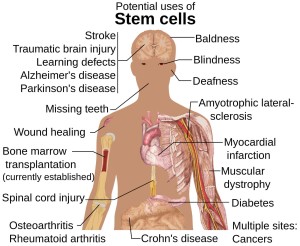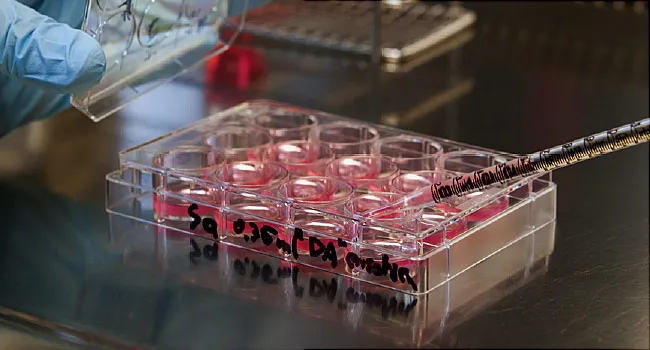A 6 year old cocker spaniel in california that was recently diagnosed with cancer is slated to receive stem cells from her mother living 4 000 miles away in the united kingdom.
Mother cell treatment for cancer.
These mother cells or cancer stem cells are believed to be the reason that cancer cells can spread throughout the body and ultimately cause the death of those suffering from cancer.
Types of stem cell transplants.
Findings increase hope of a real cure say experts.
Once they enter your bloodstream the stem cells travel to the bone marrow where they take the place of the cells that were destroyed by treatment the blood forming stem cells that are used in transplants can come from the bone marrow bloodstream or.
If your mother took a drug called diethylstilbestrol des while pregnant in the 1950s you may have an increased risk of a certain type of cervical cancer called clear cell adenocarcinoma.
Treatment options for squamous cell skin cancer depend on the risk of the cancer coming back which is based on factors like the size and location of the tumor and how the cancer cells look under a microscope as well as if a person has a weakened immune system.
Found mother cells behind cancer growth.
Smoking is associated with squamous cell cervical cancer.
Cancer s deadly mother cells that if killed could wipe out the disease scientists claim they have pinpointed mother cells which produce tumours add a drug that kills the cells could.
In a stem cell transplant you receive healthy blood forming stem cells through a needle in your vein.
Stem cell therapy also known as regenerative medicine promotes the repair response of diseased dysfunctional or injured tissue using stem cells or their derivatives.
Stem cell treatment for knees is noninvasive and studies suggest that side effects are minimal.
Cancer stem cells are resistant to traditional cancer treatments such as radiotherapy and chemotherapy which is why even after successful cancer treatments.
After the procedure some people may experience temporary increased pain and swelling.
If the researchers removed t cells only from the mother before carrying out the transplant.
These cells are thought to be resistant to chemotherapy and radiotherapy and could explain why.
Scientists have long viewed in utero blood stem cell transplantation as a promising treatment strategy for many genetic diseases diagnosed as early as the first trimester of pregnancy including sickle cell disease and certain immune disorders.





























